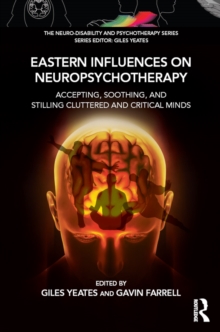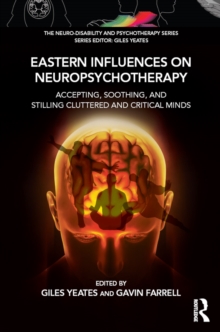
Psychotherapy and Aphasia : Interventions for Emotional Wellbeing and Relationships PDF
Edited by Kate Meredith, Giles Yeates
Part of the The Neuro-Disability and Psychotherapy Series series
Description
Psychotherapy and Aphasia: Interventions for Emotional Wellbeing and Relationships is an exciting international collaboration among clinical neuropsychologists, speech and language therapists and family therapists that details a range of innovative psychotherapeutic interventions to enable people with communication disorders and their families to access meaningful support. People with aphasia and other acquired communication disorders can face significant challenges accessing emotional support.
Many traditional forms of psychotherapy are based on spoken language, rendering it inaccessible for many people with communication disorders.
But the book details a range of techniques that move away from reliance on spoken language, including total communication strategies, the use of meaningful objects, experiential process, group experience and mind-body practices. Featuring clinical examples which cover a range of stroke and neurology service contexts, the book includes contributions from a range of therapeutic models; from speech and language therapy and family therapy to clinical neuropsychology, cognitive-behavioural, systemic, narrative and mind-body traditions.
It therefore provides clinicians with a wide-range of practical and theoretical tools to explore when supporting survivors who experience psychological distress during rehabilitation.
It is the only book aimed at both speech and language therapists and psychotherapists, and will open up new pathways to support.
Information
-
Download - Immediately Available
- Format:PDF
- Pages:180 pages, 11 Tables, black and white; 27 Line drawings, black and white; 3 Halftones, black and whi
- Publisher:Taylor & Francis Ltd
- Publication Date:05/12/2019
- Category:
- ISBN:9780429641527
Information
-
Download - Immediately Available
- Format:PDF
- Pages:180 pages, 11 Tables, black and white; 27 Line drawings, black and white; 3 Halftones, black and whi
- Publisher:Taylor & Francis Ltd
- Publication Date:05/12/2019
- Category:
- ISBN:9780429641527










